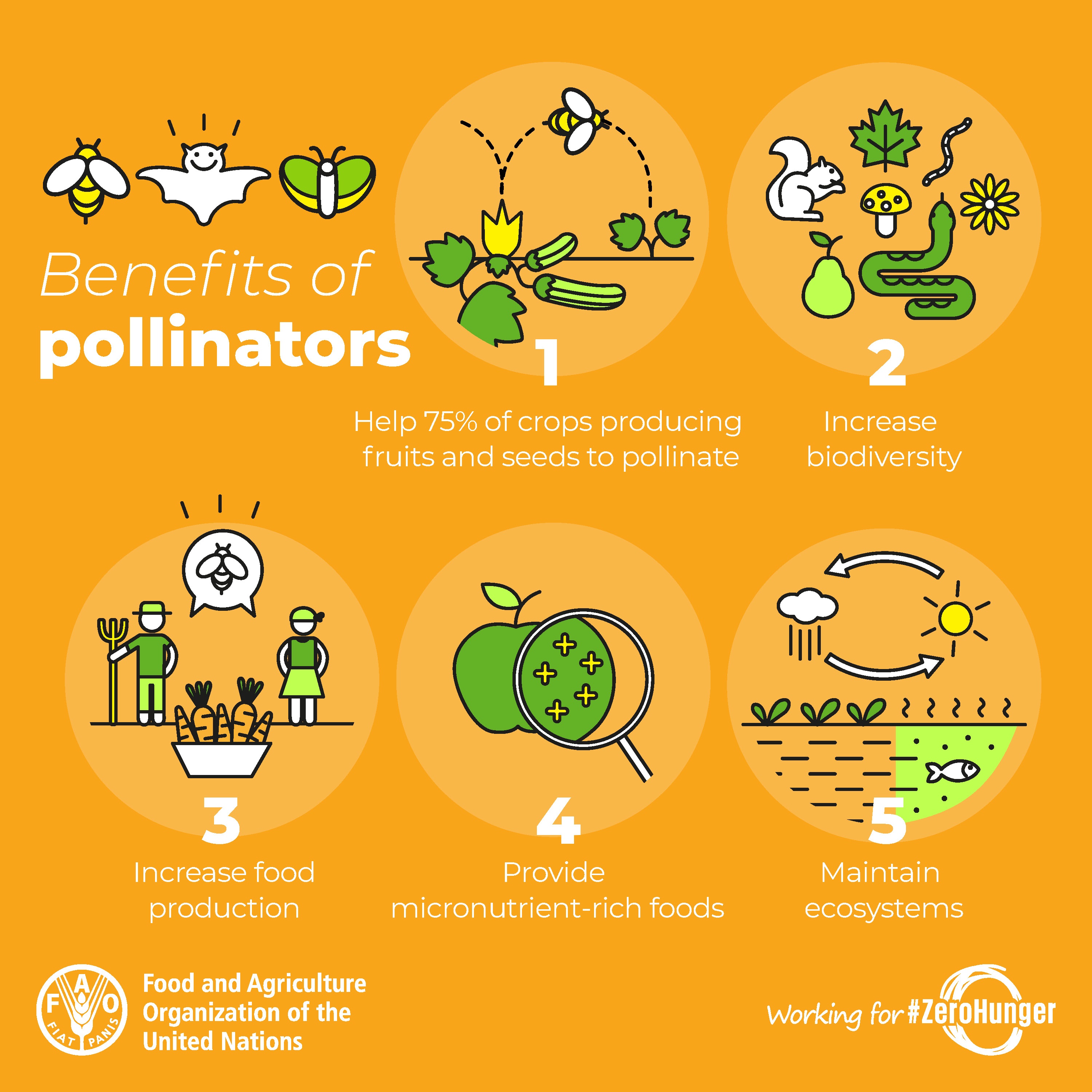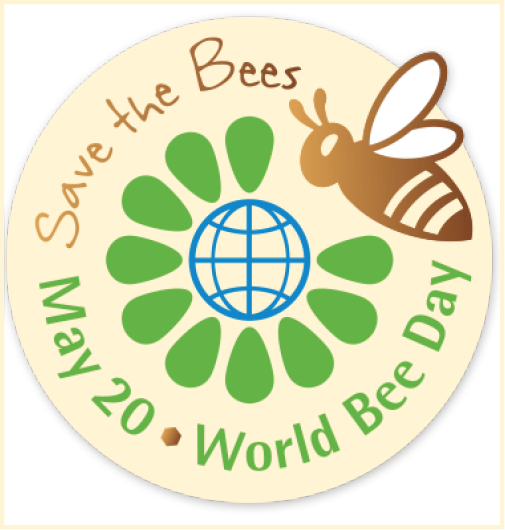Today marks World Bee Day, a chance to celebrate the essential role bees and other pollinators play in keeping people and the planet healthy. Britain’s bees are in trouble, with 13 native species lost already and a further 35 species currently under threat of extinction. Right now, they need us almost as much as we need them. Sustainability Manager, Amanda Williams tells us how we’ve been supporting bees across the training estate and shares tips on what we can do from home.

“The decline in bee diversity and abundance will have a serious impact on our natural world if it is not reversed, and could also be devastating for food security. Bees pollinate much of the food that makes our diets healthy and tasty, as well as many non-food crops. Close to three-quarters of the world’s crop species depend, at least in part, on bees and other pollinators.
Threats to bees
One of the biggest threats to bees is habitat loss caused by changes in land use for activities such as intensive agriculture, transport infrastructure or urbanisation. This has led to fragmentation of bee habitats and a loss of the diversity in the diets that bees need to stay healthy. Other threats include the changing climate, use of pesticides, pests and disease, and in some cases invasive species.
Fun Fact: Did you know that virus-infected bees sometimes also practice social distancing? When a colony of honey bees becomes infected with Israeli acute paralysis virus, the colony restrict contact with infected bees to avoid losing the whole colony.
In the context of these threats, national and local authorities have an important role to play in safeguarding native pollinators as they manage significant areas of land, including parks, allotments, roundabouts and road verges. Ministry of Defence (MOD) sites can also help by restoring or creating wildflower meadows or planting wildflowers.
The benefits of restoring wildflower areas can be amplified when different organisations work together through initiatives such as the B-Lines Project, which aims to create a series of ‘insect pathways’ linking wildlife areas together across the country, tackling habitat fragmentation.
Landmarc’s response
At Landmarc there are many examples of how our teams across the Training Estate have been working hard to reverse this trend in declining bee abundance.
For example at Ballykinler in Northern Ireland, a five acre field opposite the Head Quarter’s building was left un-mowed to support pollinators, while at Tregantle Fort in south east Cornwall, an unused range is managed for the benefit of wildflowers to promote the rare Cornish Black Bee.
In Castlemartin in Pembrokeshire, locally harvested Green Hay including yellow rattle, red clover, self-heal and bird’s-foot-trefoil, as well as finer meadow grasses such as sweet vernal grass, crested dog’s-tail and yellow oat grass, were seeded to encourage pollinators.
At Sennybridge Camp, near the Brecon Beacons, areas where poppies are known to flourish are left uncut, while a similar initiative at Wyke Regis in Dorset, protects Bee Orchids; both of these flower species are attractive to pollinators.
At Westdown Camp on Salisbury Plain, the team conducted a trial, under the guidance of DIO Ecologists, not mowing designated areas of Westdown Camp throughout the summer to back wider MOD initiatives in support of the UK Government’s 10-year National Pollinator Strategy. The results were impressive, with the no-mow areas alive with pollinators throughout the day.
Things you can do at home
There are also a number of things that you can do at home to support bees. These include bee friendly gardening and taking part in citizen science activities, such as bee surveys.
You could also consider buying organic produce, constructing a bee hotel in your garden, planting native wild flower seeds or avoiding weed killers. Here are some ideas:
- plant a diverse set of native plants, which flower at different times of the year;
- buy raw honey from local farmers;
- buy products from sustainable agricultural practices;
- avoid pesticides, fungicides or herbicides in your gardens;
- protect wild bee colonies when possible;
- sponsor a hive;
- make a bee water fountain by leaving a water bowl outside;
- help sustaining forest ecosystems;
- raise awareness by sharing this information within our communities and networks
Children and Bees
While many of you are homeschooling your children, why not get involved with World Bee Day to learn a little more about how important these creatures are to our planet, why bees are essential to everyday life, and how children can be honey bee heroes. Pollination is crucial! https://friendsoftheearth.uk/bees/gardening-bees.
Find out more here about how you can Bee grateful to our pollinators. Let’s grow our appreciation for bees and create some lovely habitats for them to enjoy.”
For more information about World Bee Day visit:http://www.fao.org/world-bee-day/en/




